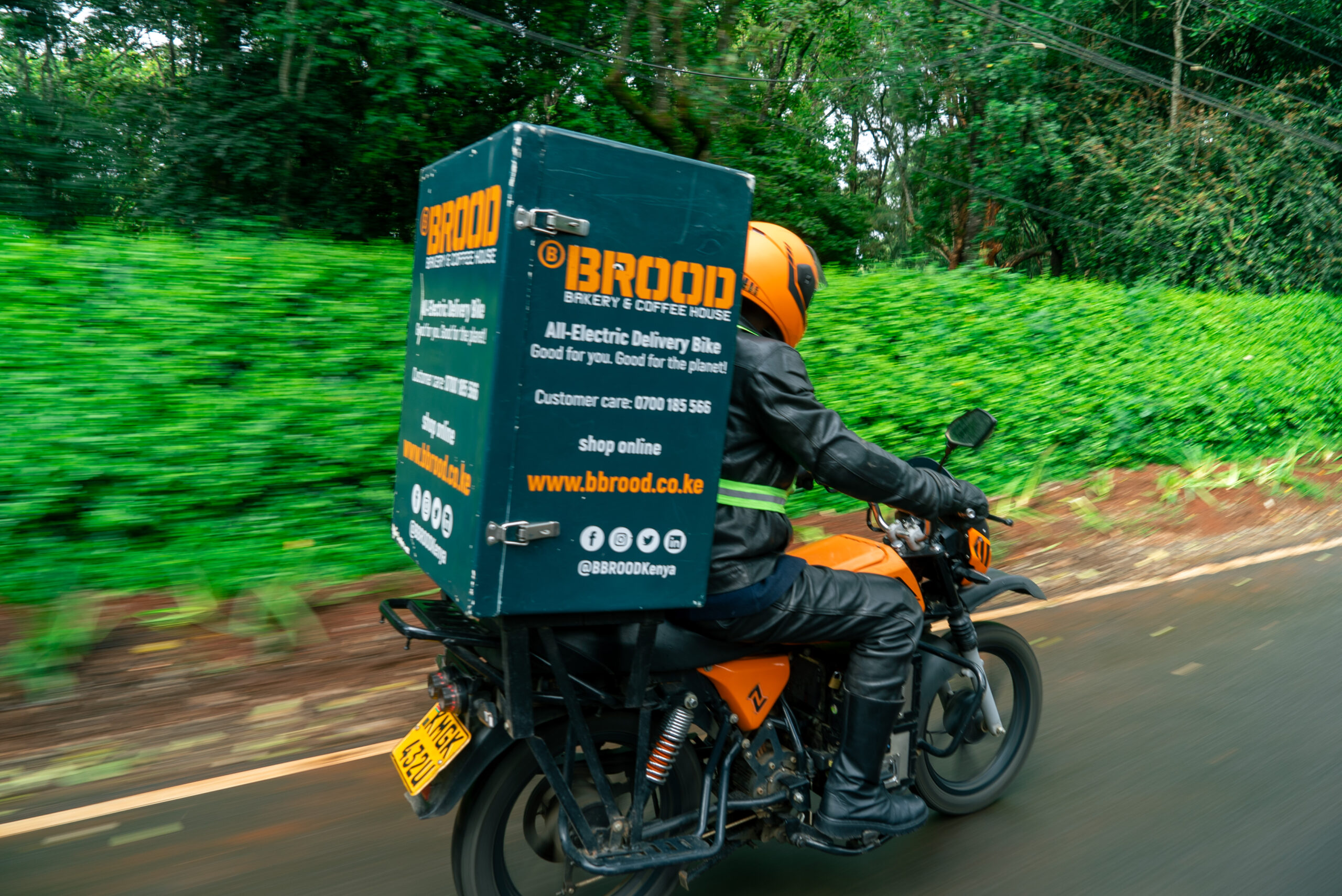
As sunlight and warmth increase in the spring and summer, the North Sea starts to gain swirls and tendrils of color. Phytoplankton — tiny, plant-like organisms that often float near the ocean surface — become abundant during this time, giving the shallow water the distinctive look seen in this June 14, 2023, image from Landsat 9.
Phytoplankton turn sunlight and carbon dioxide into sugars and oxygen, and in turn, they become food for the grazing zooplankton, shellfish, and finfish of the sea. They also play an important but not fully understood role in the global carbon cycle, taking carbon dioxide out of the atmosphere and sinking it to the bottom of the ocean.
NASA’s future Plankton, Aerosol, Cloud, ocean Ecosystem (PACE) satellite mission will allow researchers to infer more information about the oceans, such as the concentration and size of particles and dissolved organic materials, the diversity of phytoplankton, and rates of phytoplankton growth.
Image Credit: NASA/Wanmei Liang; USGS
Last Updated: Jun 21, 2023
Related: The Insanely Important World of Phytoplankton
The Glowing North Sea
Ivona Cetinić, the Science Lead for Ocean Biogeochemistry for PACE (Plankton, Aerosol, Cloud, ocean Ecosystem) describes the weird, wonderful and important world of phytoplankton and why it’s important for the PACE mission to study these tiny creatures.
Music: “Born to Hold On,” “Busy Body,” “Hidden Beings,” “In Doubt,” “Investigation,” Universal Production Music
Ryan Fitzgibbons (KBRwyle):
Lead Producer
Lead Animator
Lead Writer
Lead Editor
Ivona Cetinic (USRA):
Lead Scientist
Lead Interviewee
Jeremy Werdell (NASA/GSFC):
Lead Scientist
Greg Shirah (NASA/GSFC):
Lead Visualizer
Rob Andreoli (AIMM):
Lead Videographer
John D. Philyaw (AIMM):
Lead Videographer
This video can be freely shared and downloaded at https://svs.gsfc.nasa.gov/14361. While the video in its entirety can be shared without permission, the music and some individual imagery may have been obtained through permission and may not be excised or remixed in other products. Specific details on such imagery may be found here: https://svs.nasa.gov/14361. For more information on NASA’s media guidelines, visit https://nasa.gov/multimedia/guideline… you liked this video, subscribe to the NASA Goddard YouTube channel/ nasagoddard
NASA’s Goddard Space Flight Center
Sign up for daily news updates from CleanTechnica on email. Or follow us on Google News!
Have a tip for CleanTechnica, want to advertise, or want to suggest a guest for our CleanTech Talk podcast? Contact us here.
Former Tesla Battery Expert Leading Lyten Into New Lithium-Sulfur Battery Era — Podcast:
I don’t like paywalls. You don’t like paywalls. Who likes paywalls? Here at CleanTechnica, we implemented a limited paywall for a while, but it always felt wrong — and it was always tough to decide what we should put behind there. In theory, your most exclusive and best content goes behind a paywall. But then fewer people read it! We just don’t like paywalls, and so we’ve decided to ditch ours. Unfortunately, the media business is still a tough, cut-throat business with tiny margins. It’s a never-ending Olympic challenge to stay above water or even perhaps — gasp — grow. So …




